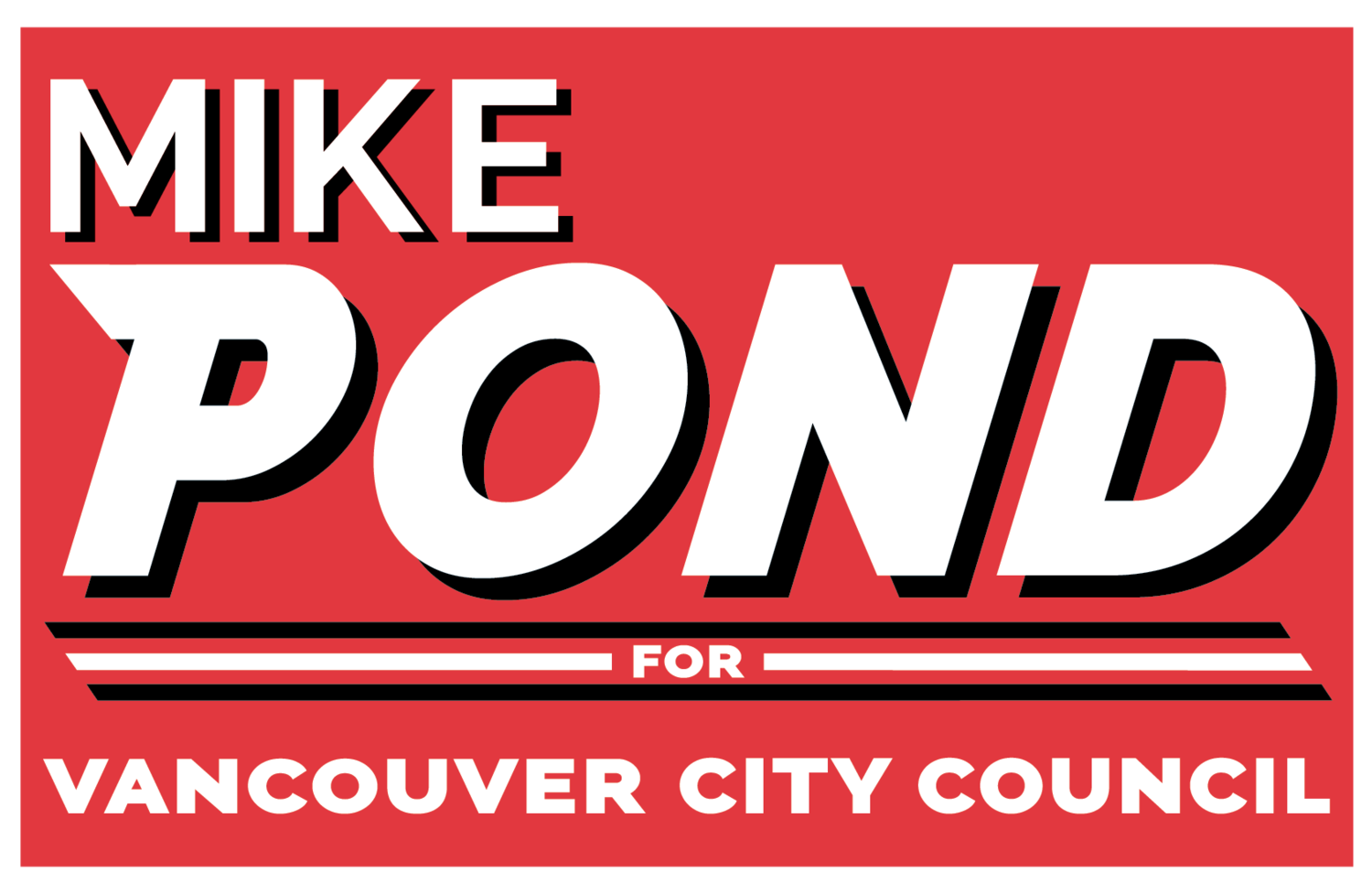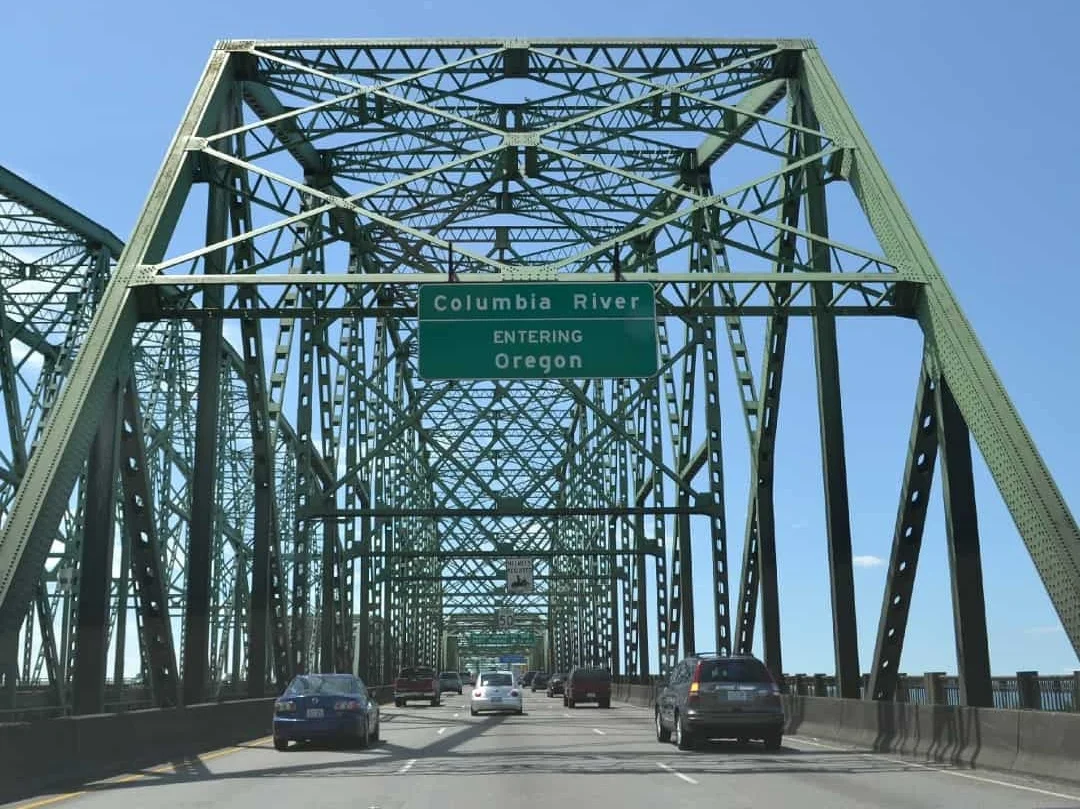We all need accessible transportation options, with continually maintained and developed infrastructure.
Replacing the i-5 bridge
Replacing the I-5 bridge is the number one issue in Vancouver and all of Southwest Washington. Over seventy-five thousand residents cross one of two bridges into Portland every day for work, with congestion only getting worse.
The city must continue to lobby both Washington and Oregon State Legislatures, as well as Federal Representatives for project funding solutions. All the while maintaining a seat at the table for the mass transit component discussion, where all options are seriously considered and studied, including light rail.
Other corridors such as SR 14 and 500 need continuous funding for maintenance and infrastructure development, which will improve east-west mobility within the city.
EXPAND ACCESS TO C-TRAN
C-Tran buses need to continue being frequent, reliable, and expand service areas. We must keep our core bus system financially viable and available to everyone who needs or prefers the bus for transportation, especially our elderly or disabled population. Our Bus Rapid Transit (BRT) line, “The Vine,” on the Fourth Plain corridor has been such a success, we must continue that momentum by investing in BRT on the Mill Plain corridor, thus spurring on further economic development and investment.
Adopting a Holistic Street Policy
Vancouver needs to establish a complete streets policy to support all modes of transportation to improve mobility right in our neighborhoods, encouraging smart, sustainable, walk-able communities. As we have seen with the “Westside Bike Mobility Project,” outreach and feedback is imperative to implementation. Parking will be an issue, especially as development and revitalization continues in the downtown core, innovative solutions must be developed.
Thinking Forward
Finally, as annexation of the Urban Growth Area (UGA) continues, service levels of utilities, water, and sewer are vitally important, as well as looking to the future with innovative technologies such as ”Dark Fiber” and municipal broadband.

